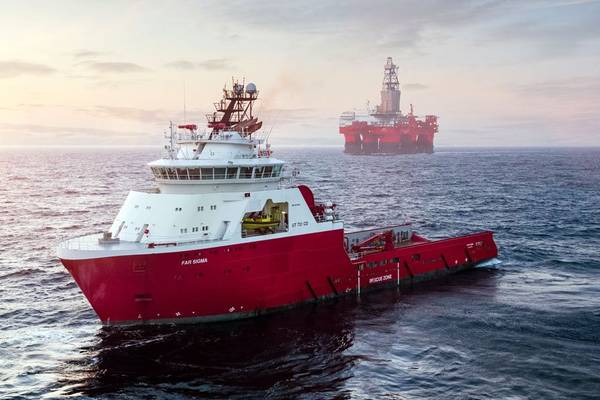
Lundin Energy has failed to find hydrocarbons at its Polmak exploration well in the Barents Sea, offshore Norway.
The Sweden-based firm said Monday it had completed exploration well 7221/4-1, targeting the Polmak prospect in licenses PL609 and PL1027, in the southern Barents Sea, and that the well was dry.
"The main objective of the well was to prove hydrocarbons in Triassic aged sandstones within the Kobbe formation of the Polmak prospect. The well encountered indications of hydrocarbons in a 9-meter interval in poor quality reservoir in the targeted formation and the well was classified as dry," the company said.
The well, spudded on October 10, was drilled 30 km east of the Johan Castberg discovery, by the West Bollsta semi-submersible drilling rig. To remind, drilling at the West Bollsta offshore rig had been halted at one point in October after a 26-ton pipe accidentally dropped on the drill floor. Luckily, nobody was injured.
Lundin operates the Polmak with a 47.5 percent working interest - subject to completion of the acquisition of Barents Sea asset interests from Idemitsu. Lundin's partners in licenses containing the Polmak are Wintershall DEA Norge AS with 25 percent, INPEX Norge AS with 10 percent, DNO Norge AS with 10 percent, and Idemitsu Petroleum Norge AS with 7.5 percent working interests.
The Seadrill-managed West Bollsta drilling rig will now proceed to drill the Lundin Energy-operated, Bask prospect in PL533B, also in the Barents Sea.
The well 7219/11-1 will target Paleocene aged sandstones, estimated to hold gross unrisked prospective resources of 250 MMbo. The partners are Aker BP with 35 percent and Wintershall DEA with 25 percent working interests.